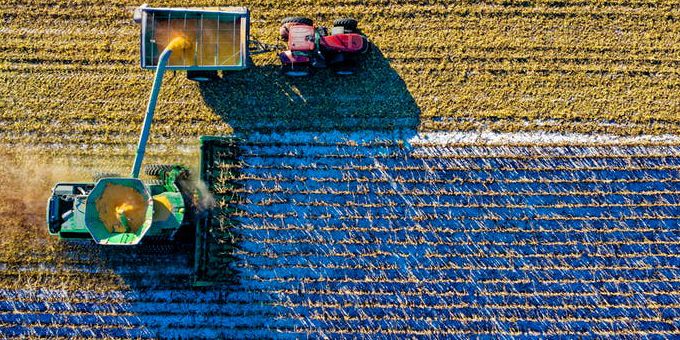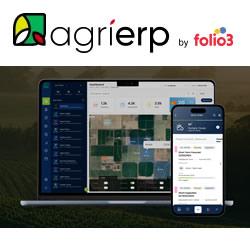Farming is one of the oldest professions in the world. That’s why it’s easy to overlook the role innovative technologies play in agriculture if you’re not involved in the industry.
 5 Technologies Changing the Farming Industry
5 Technologies Changing the Farming Industry

Anita Franco
Farming is one of the oldest professions in the world. That’s why it’s easy to overlook the role innovative technologies play in agriculture if you’re not involved in the industry.
However, farmers actually leverage emerging innovations very consistently. They’re frequently adopting new technologies to improve their own operations (and serve consumers more effectively).
On the small-scale, tools like a lightweight wheelbarrow or small tractor could still be adequate for a wide range of jobs. But, the agricultural industry as a whole is being impacted by much more high-tech developments. The following examples illustrate just some of the ways today’s farmers are using the latest tools and tech.
Crop Sensors
The Internet of Things simply refers to devices that are connected over a network, such as smart thermostats and fitness monitors. New IoT devices are particularly useful in agriculture.
For instance, some farmers have begun using IoT-based sensors to monitor conditions such as soil moisture. These devices regularly provide farmers with valuable information about the condition of their soil and crops. This helps them make essential planting choices to maximize crop yield.
Drones
Aerial drones are also changing the way agriculture professionals work. A farmer maintaining a large area of land needs an efficient way to visibly check the condition of their various crops. With an aerial drone, they can rapidly take overhead pictures of their land. Drones also allow farmers to apply agrochemicals quickly and plant new crops.
Management Systems
Many factors impact the success of a farm. A farmer needs to monitor crop conditions, schedule planting and harvesting, prioritize daily and long-term tasks, and more.
Farm management systems make this process much easier. By gathering all the necessary information into a single app, a farmer can make and stick to their plans far more easily than they could in the past.
This is particularly helpful on large farms with numerous employees. Using an app to ensure everyone understands their short-term and overall goals helps keep every worker on task.
Precision Monitoring
Farmers must regularly order new supplies to continue working efficiently. Everything from equipment like oscillating saw blades and fuel to fertilizer plays a crucial role in a farm’s operations. With precision monitoring technology, farmers can more accurately determine when key supplies are running low. That means they can place new orders before they run out of a given resource entirely.
Hybrid Crops
Researchers have developed various forms of hybrid crops which offer benefits traditional crops can’t. For instance, hybrid corn varieties have been shown to use nitrogen more efficiently than non-hybrid corn. This allows them to produce more grain. Farmers who use such hybrids can produce more food without the need for more land. They conserve major resources as a result.
These are merely a few examples of new technologies revolutionizing the agriculture industry. Again, farmers have been leveraging innovations since the beginning of agriculture itself. As new technologies emerge, they’ll likely find smart uses for them as well.
.jpg)
Rae is a graduate of Tufts University with a combined International Relations and Chinese degree. After spending time living and working abroad in China, she returned to NYC to pursue her career and continue curating quality content. Rae is passionate about travel, food, and writing, of course.
* image credit: https://www.pexels.com/photo/top-view-of-green-field-1595104/
The content & opinions in this article are the author’s and do not necessarily represent the views of AgriTechTomorrow
Comments (0)
This post does not have any comments. Be the first to leave a comment below.
Featured Product

